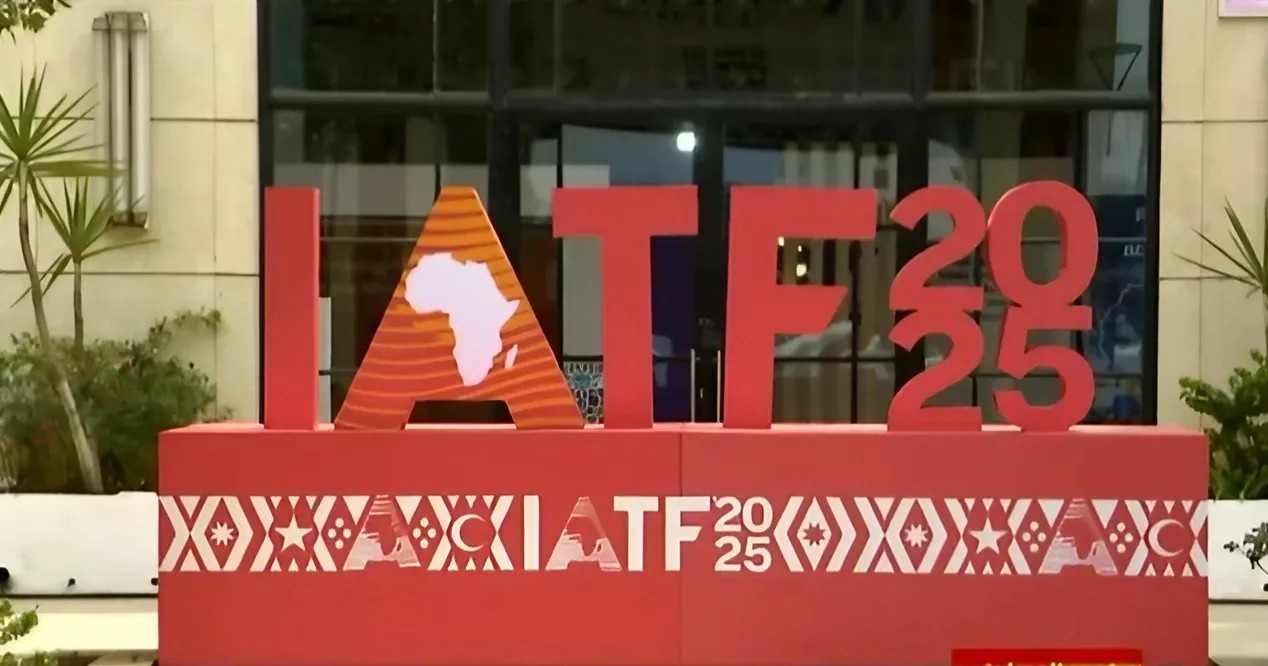In coming to terms with the realisation of local government autonomy in Nigeria, therefore, the LGSC has to first confront structural, systemic and constitutional issues that complicate the possibility of bringing it to pass. First, there is the acute politicisation of the local government autonomy that hinges on the overlordship of the state government. In other words, there is a constitutional and legal conflict arising between, on the one hand, the guarantee of section 7 of the 1999 Constitution legislating the existence of democratically elected local governments, and on the other hand, the legal capacity of the state government to create laws and policies that regulate the local government system.
Second, there is a constitutional ambiguity with regard to the status and role of the local government as the third tier of the federal government which has been hitherto exploited to facilitate the politicisation mentioned earlier.
Third, and based on the many years of neglect, political patronage and bureaucratic and political corruption, the local government authority has developed a deep-rooted institutional capability and capacity deficit that manifest in the form of poor pay and compensation structure, non-competency-based human resource management standards and procedures, weak or even virtually non-existent internal management control, degraded rating, and more, that together have reduced the local government to the lowest bottom of public perception.
Lastly, there is also the conflict of interest and loyalty that result from local government staff who pay allegiance to the state government rather than to the local councils that employ them. This has implications for the possibility of designing and implementing local policies.
The LGSC therefore confronts the urgency of supervising the emergence of Nigeria’s own indigenous model of local governance that will in turn supervise and harness the grassroots and community-based structures of social capital, networks and subsidiarity as the nodal service delivery points in terms of, for example, community policing, waste management, etc.
This will require that the LGSC will also be prepared to service the high-end capacity, capability and professional competence that local autonomy will demand in terms of the management of the local government councils. This now brings us full cycle back to the LGSC and its fundamental role in gatekeeping the reform of the local government councils and authorities.
In facilitating its gatekeeping constitutional responsibility, the LGSC first has to manage its own existence and authority placed under the watchful control of the state governments. It is therefore centrally situated at the eye of the storm to mediate the challenge of achieving autonomy. This situation concretises the significance of the LGSC as the structural and administrative node for connecting local governance to democratic governance in Nigeria’s political context. This only then means that for the institution to succeed in its gatekeeping mandate, it demands a deep-seated reconceptualisation of its objectives, mandates and modus operandi.
Reconstituting and reforming the LGSC demands a lot in terms of constitutional enabling and structural capability. This will affect the leadership and stakeholder composition as well as the dynamics of its operations. For instance, the LGSC would have to operate not only with a renewed and redesigned manifest of delegated powers and functions involving local government chairmen and councillors, it will also need new schedules of duties and responsibilities that connect the local government to the citizens as end users.
What then are the key reform requirements that will facilitate this reconceptualisation of the LGSC as a key institution in the transformation of local governance in Nigeria?
Aside the imperative of restructuring the LGSC to facilitate the emergence of new stakeholder and a robust mandate and modus operandi, the administrative autonomy of the institution must be ensured. This is the crucial first step in the responsibility of enabling it to work towards the re-professionalisation of the local government councils in ways that ensure its efficient productivity. This administrative independence allows it to streamline recruitment, appointment and personnel administration without undue and distracting interference from the state and from the local government leadership.
The second most significant reform issue concerns funding. This is where administrative autonomy connects with fiscal responsibility of the LGSC. A crucial dimension of its personnel administrative responsibility is manpower training and development. Without these, then the entire gatekeeping architecture collapses. The imperative, confronted by the LGSC, of gatekeeping personnel and human resource function, managing performance improvement and capacity reprofiling demands that the funding necessity must go beyond the meagre allocation that would hitherto accrue from the erstwhile State-Local Government Joint Account. Without a consistent source of significant funding, then the significance of the LGSC is crippled.
The importance of the LGSC in the public administration dynamics of local government and local governance in Nigeria cannot be underestimated. In constitutional and political terms, it is caught in a dilemma between what the Constitution mandates, and what the reality of state legal capacities demand. It requires a formidable reconceptualisation in ways that will enable it give birth to a developmental model of local governance that Nigeria urgently needs to capacitate its democratic governance and national development.
A good starting point is for the Federal Government to revisit the constitutional measures for inter-governmental relationship and partnership that make the state government a key stakeholder in local governance without in any way undermining the crucial local government autonomy as the third tier of government. This constitutional vigilance of the federal government, armed with constitutional safeguard, will ensure that the LGSC become the structural negotiation of a win-win relationship between the state and the local government to facilitate the emergence of the grassroots as a formidable site for progressive development that empowers the citizens and strengthens Nigeria’s democracy.
Concluded.
Olaopa is Chairman, Federal Civil Service Commission and Professor of Public Administration, Abuja.






